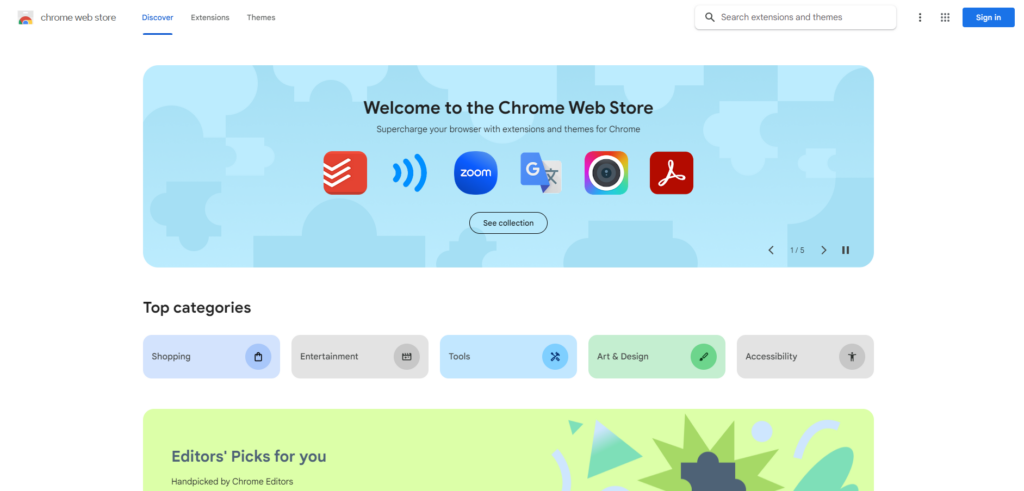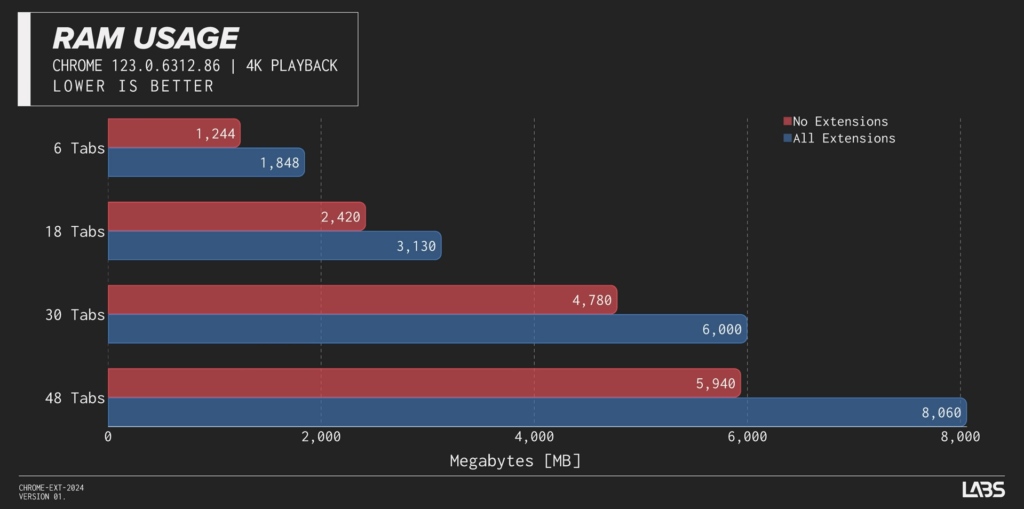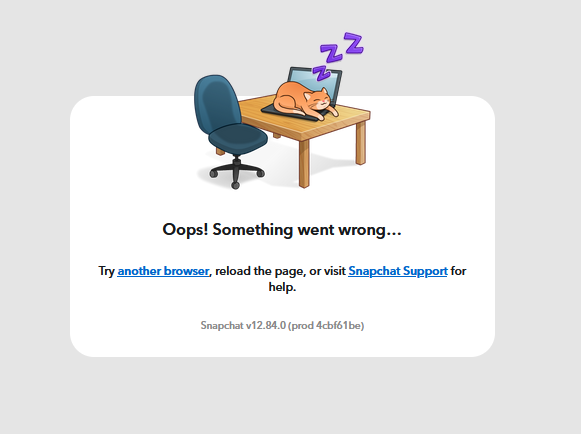- Despite users complaining about Chrome’s issues, it has remained the industry standard for a long time now.
- Google Chrome has a huge selection of extensions that are easily accessible through the extension store.
- Google’s clean Ecosystem contributes to the popularity of Chrome, allowing users to sync information through all of their devices seamlessly.
Between high RAM consumption and privacy concerns, Chrome has had a fair share of long-running issues that have more or less stayed forever. Yet, despite these issues, Chrome still remains one of the most-used browsers, with a market share of over 65 percent. Why is that the case?
The Ecosystem Is Flawless

One thing that Google has managed to completely nail compared to other browsers is the ability to sync with everything with just a simple click. All you have to do is log in to your Gmail account and turn on sync with everything you want.
Don’t get me wrong; syncing features are also available with other browsers, such as Firefox; however, their range of compatibility isn’t as broad as Chrome’s. Google’s cross-platform support is astounding, and I can’t deny that. Bookmarks, favorites, or even taskbars can be shared between platforms, making things a lot more convenient.
Believe it or not, Google’s syncing features remain one of the biggest reasons most people don’t switch to other browsers. When folks over at Mac Address asked their staff why they hadn’t switched to a different browser yet, Google’s sync was used as the most popular counterargument.
Endless Customizability Through Extensions

One of the biggest reasons people tend to stick with Chrome is because of its vast selection of extensions. To put that into perspective, if there’s a feature that you think is missing in Chrome, chances are, there is most likely an extension available to help that brings that to you.
Between Browser VPNs and ad blocks, there’s something for everyone in Chrome’s extensive web store.

Of course, adding more extensions can drive up the RAM consumption; however, that mostly depends on the type of extensions you are using. In Linus Tech Tips’ video covering Chrome’s speed, there was a notable increase in overall RAM consumption when using Chrome with multiple extensions.
Other Browsers Struggle To Compete
There’s no denying that Chrome lacks a lot of built-in features that you would otherwise be able to find in alternative browsers. Some notable ones I can think of off the top of my head include a proper reading mode and, a built-in VPN. Despite the absence of these features, Chrome has still remained the most-used browser.
It’s not entirely that the lack of these features doesn’t matter to people; it’s just that the advantages have severely outweighed any additional features users might benefit from.
What’s more, any feature that Chrome lacks can essentially be integrated within the browser through an extension, which means users don’t really need to go out of their way to switch browsers to get access to features that Chrome lacks.
Even someone who intends to switch to a different browser will probably end up picking a Chromium-based browser, which isn’t surprising, especially considering that even Microsoft Edge decided to make the switch back in late 2020. On the other hand, going for browsers that aren’t based on Chromium might restrict your access to some websites.

Chrome’s dominance in the global market share for browsers means most web apps are built to work best on Chrome or Chromium-based browsers. This is explained in further detail in Techquickie’s video about Chromium.
There’s Simply No Need To Switch
When Chrome was released, it was advertised as a faster and more stable browser than any of the alternatives at that time, resulting in a huge wave of consumers switching to the browser. Several years later, most of the competition can actually hold a candle to Chrome in terms of performance and other features.
Yet, despite that, the people that transitioned oversee no point in switching to a newer browser. Not only does Chrome provide an easier-to-use interface, the ability to sync quickly, and a vast marketplace filled with extensions, but the alternatives don’t offer enough extra functionality to warrant a switch.
As I mentioned previously, even if you decided to switch to a different browser, you will mostly be limited to Chromium-based browsers, which means there is no real need to switch. Personally, I feel the same way, and with Chrome being widely compatible, switching to a browser would simply result in extra hurdles.
Thank you! Please share your positive feedback. 🔋
How could we improve this post? Please Help us. 😔
[CPU Coolers & RAM Expert]
Hayyan Serwer is a tech enthusiast, with a love for PC building and article writing. Hayyan specializes in writing about CPU coolers and RAM kits. Hayyan has been familiar with the tech industry for over half a decade now, and has now stepped into providing quality reviews for the latest and greatest tech.
Get In Touch: hayyan@tech4gamers.com




